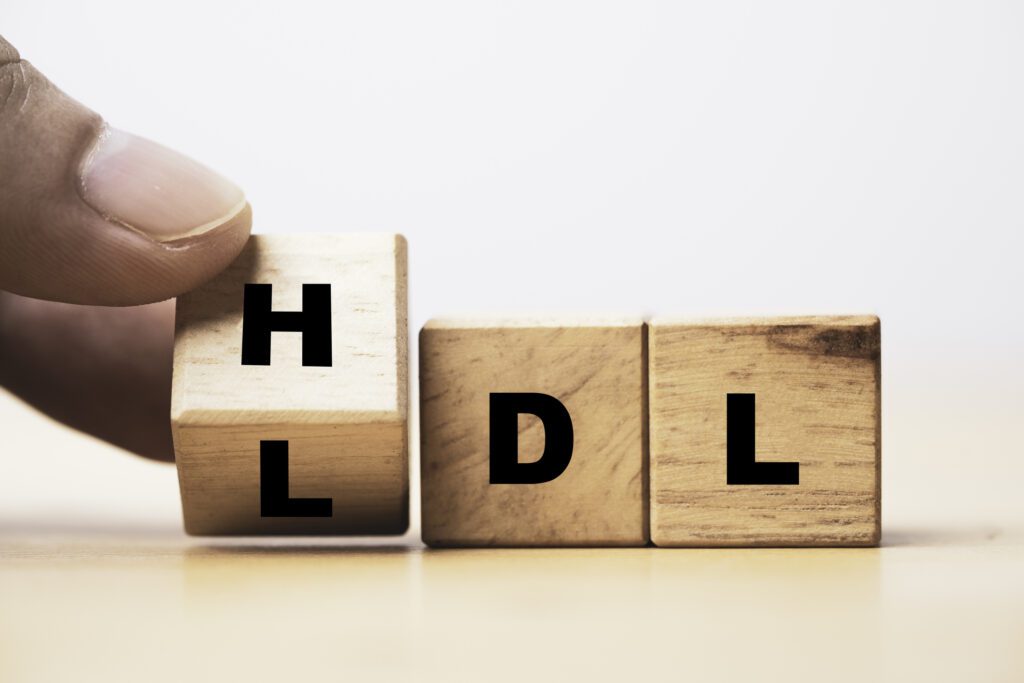
Too much cholesterol in your blood can lead to narrowing and blocking of the arteries of your heart. Heart disease is the leading cause of death in the US, so learning how you can help to control your cholesterol levels is important.
What Is Cholesterol?
Cholesterol is a fat-like substance that is found in your body’s cells and is necessary for life. Your liver makes most of the cholesterol your body needs, which is only a small amount. However, some people naturally produce too much cholesterol, and many foods (such as meat, butter, eggs, and cheese)
contain fats that can increase cholesterol to unhealthy levels.
How High Is Too High?
Your health care provider can do a blood test to check for total cholesterol. However, this single number doesn’t tell the whole story. Your blood contains several types of cholesterol, as well as fats, and it’s the relationship between them that is important. Therefore, a complete screening measures not just total cholesterol but also:
- LDL (“bad” cholesterol)
- HDL (“good” cholesterol)
- Blood fats
These measures can provide information about your risk of heart disease.
What Contributes to High Cholesterol?
Many things can contribute to high cholesterol:
- A diet high in fats
- Lack of physical activity
- Family history
- Obesity
- Age
- Gender
In addition, certain things can increase the chances
that high cholesterol will lead to blocked arteries:
- Smoking
- Type 2 diabetes
- High blood pressure
What Can You Do About High Cholesterol?
Exercise regularly. Don’t overeat. Reduce the total amount of fat in your diet, and use artery-friendly fats like olive oil instead of butter. Eat more fiber-containing foods (such as fruits, vegetables, and whole grains) and fish that contains omega-3 fats, which have been shown to have beneficial effects. Don’t smoke! And have your cholesterol checked at least once every 5 years.
